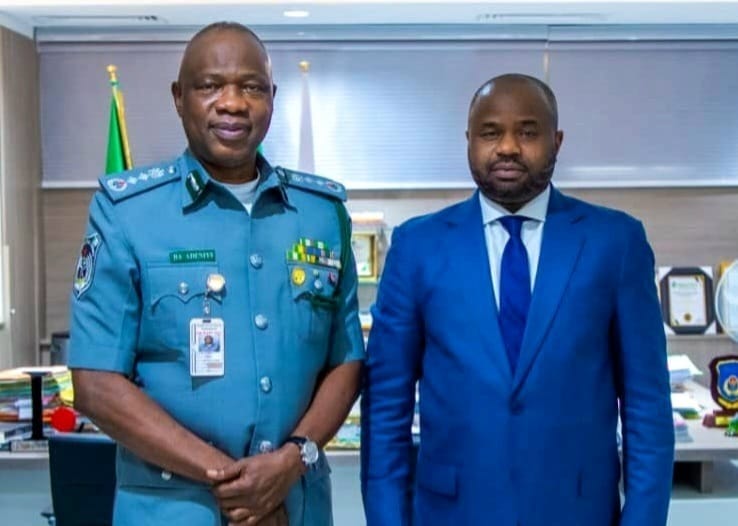
The Never-Ending Electorial Problem
Elections in Nigeria have almost always been dogged by allegations of rigging, vote-buying, and ballot box snatching amongst a myriad of issues that have bedeviled the electioneering process since the return to civilian rule in 1999. Between 1999 and 2021, there have been at least six national elections and there is hardly one that is entirely devoid of allegations of rigging. For the discerning, this immediately creates question marks about the integrity of our electioneering process.
In short, the problem of free and fair elections has lingered so long partly due to the greed of the ruling class to perpetuate themselves in power and the indulgence of the citizens in accepting gratification for votes. The notion of electronic voting is not an entirely new development in the Nigerian political space but for some strange reasons, it has always hit a snag as the political class always seems to distrust the process.
According to the words of a wise proverb, “a problem identified is already half solved”, however, this is not often the case in Nigeria because a problem identified even with a glaring solution can yet remain unsolved for so long. The choice of an electronic voting system that makes for the electronic transmission of results can out rightly help to combat the menace of rigging but beyond that, it is quite simply the modern option. A modern option that has been embraced across the globe and throughout many industries. From French Casinos to Asian industrial processes. The embrace of new technology is sweeping away the old ways of executing important data related tasks.
Manual transmission of results is simply archaic and non-feasible in a corruption-riddled society like ours. There are just so many layers of ambiguity and complexity which makes manual transmission of election results improbable. Firstly, Nigeria is a nation with a chunk of its population domiciled in rural areas which may not be quite motorable at short notice and this could delay transmission of election results as well as unnecessarily jeopardize the safety of electoral officers who have to accompany the ballot from the polling unit down to the collation center.
Secondly, the adoption of electronic transmission of results has the potential to drastically limit the prospect of electoral violence because as long as the polling centers are well secured, political thugs will have little or no influence over proceedings as the results could be transmitted within minutes or seconds to the collation Centre.
The Duopoly Party Problem
Furthermore, the electronic ballot system provides Nigeria with an ample opportunity to wriggle free from the hegemony of PDP and APC. The electronic transmission of results can create a more balanced playing ground for all candidates. Am afraid, with the current structure of the Nigerian political space particularly with the vast financial clout of the two dominant parties, it will be quite difficult or near impossible for a non APC or PDP candidate to emerge victorious in a national election irrespective of the credentials of the candidate.
A major problem of the smaller parties is the lack of manpower. For instance, it will be hard for a party not named APC or PDP to effectively supply agents to every single polling unit in the nation during national elections. The benefits of electronic transmission of results are so encompassing that even the judicial system may record lesser litigation notices due to the perceived fairness of the electoral process.
Conclusively, a comparison of an electronic voting system and a manual voting system is more like an argument about which is the better option between digital and analog systems. It is not a surprise that the electronic transmission of results was rebuffed by the senate, in all honesty, Nigeria has had leadership problems for quite a long time and the senate has only further reemphasized this problem.
In the bid to perpetuate themselves in power, it is only expected that they tow the more recognizable path of predictability and rigidity regarding the process of electoral proceedings. If the political elites are serious about the issue of an electronic voting system, even if there are bottlenecks surrounding network coverage in parts of the country, between now and 2023, there is ample time for the whole nation to be digitally connected.
Even without any electioneering process in view, it is quite repulsive that in the 21st century some places are yet disconnected from the global space; perhaps their opinions and support are only needed during the electioneering process. Well, as citizens, we can only hope or better continue to pray for the salvation of our country from the throes of corruption, bad leadership, and whatever other malady that has so besotted her and limited her foray into the pantheon of global impact and recognition.






